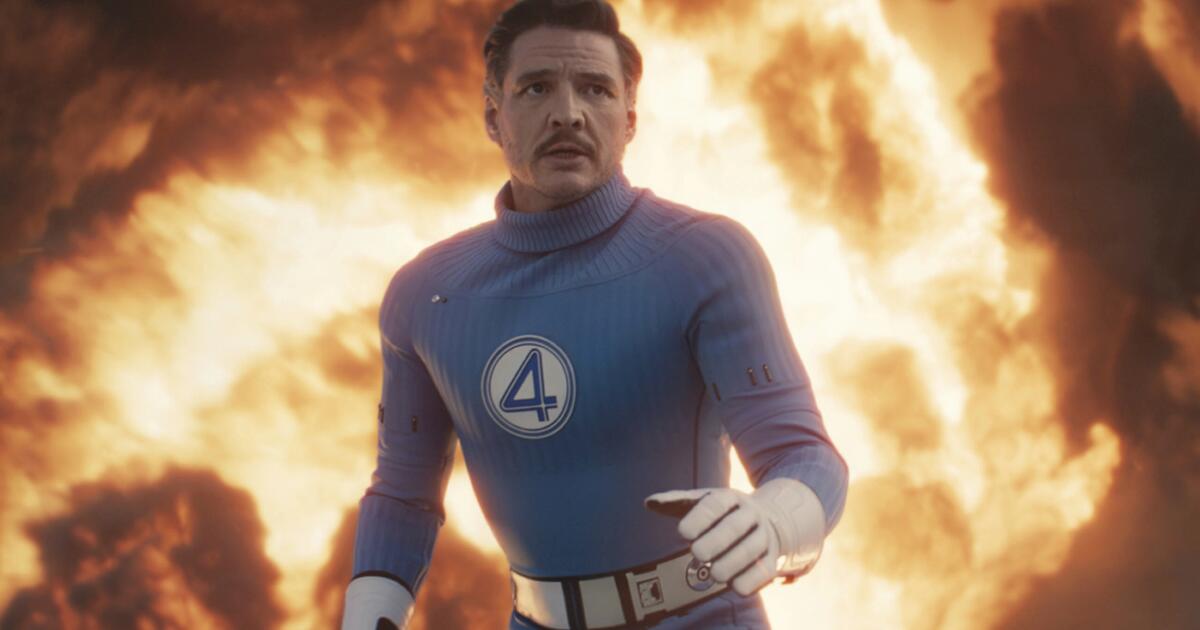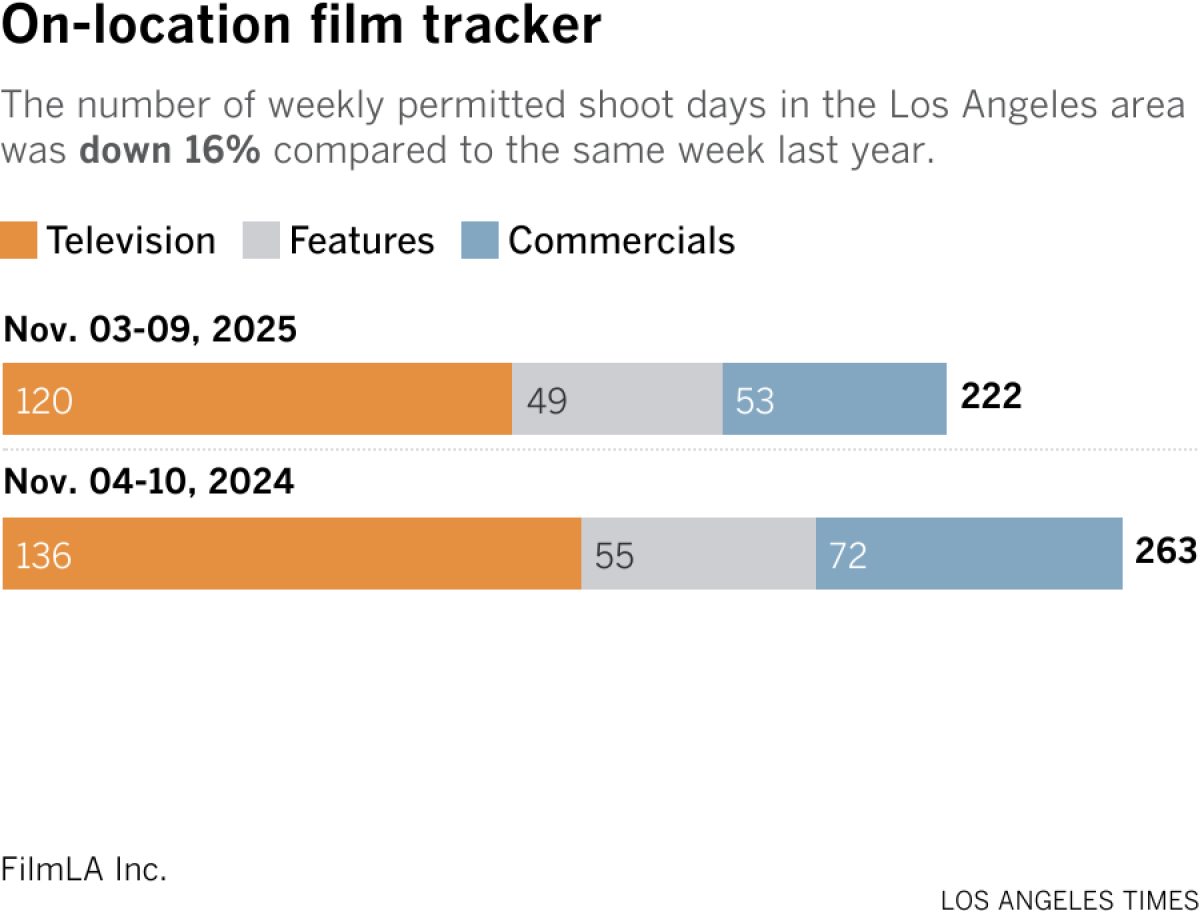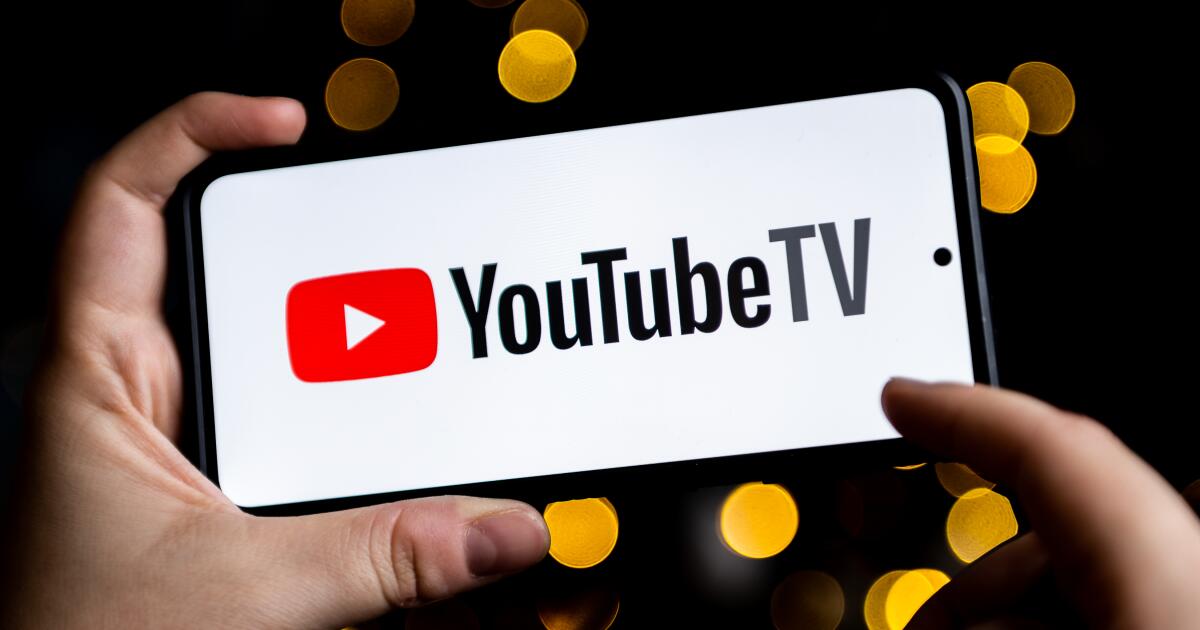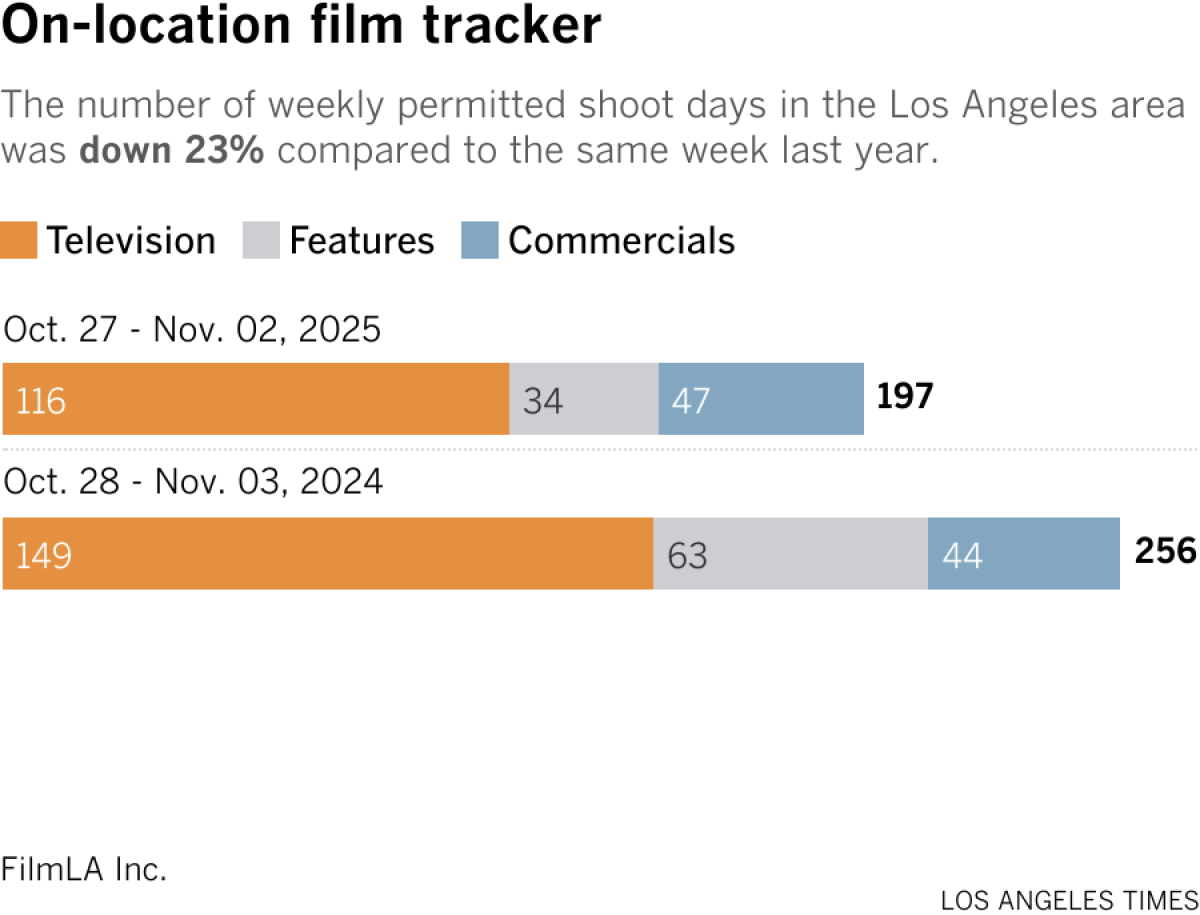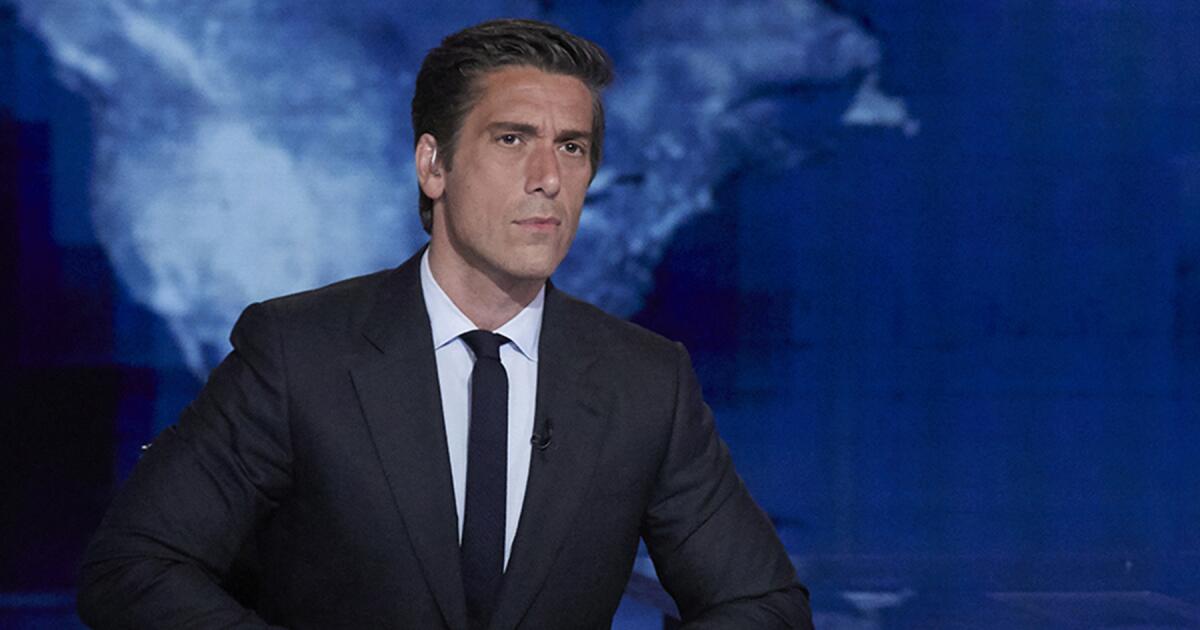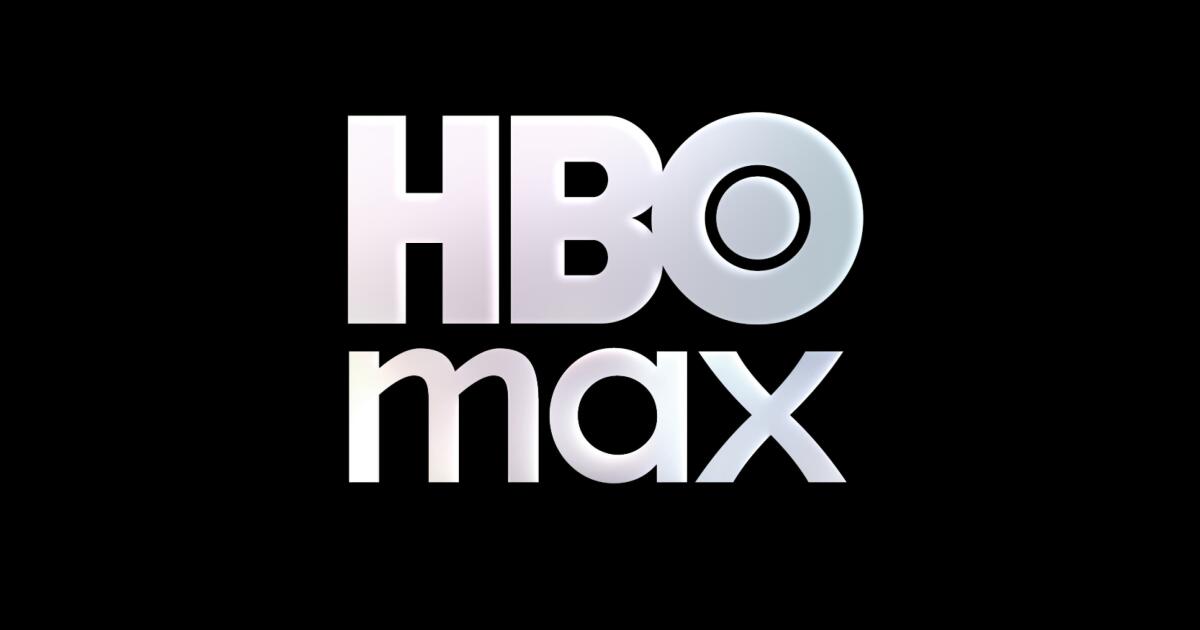Disney settles dispute with YouTube TV, allowing ABC and ESPN to return to channel lineups
ESPN football is returning to YouTube TV after the service and The Walt Disney Co. settled their contentious contract dispute — ending the 15-day blackout of Disney channels.
The Disney-owned channels and ABC station signals were being restored for YouTube TV’s 10 million customers, the companies announced late Friday. The breakthrough came after the companies agreed on a new distribution deal for YouTube, which is owned by Google, replacing the previous pact that had expired on Oct. 30.
Financial terms were not disclosed.
“This new agreement reflects our continued commitment to delivering exceptional entertainment and evolving with how audiences choose to watch,’’ Disney Entertainment Co-Chairmen Alan Bergman and Dana Walden and ESPN Chairman Jimmy Pitaro said in a statement.
“It recognizes the tremendous value of Disney’s programming and provides YouTube TV subscribers with more flexibility and choice. We are pleased that our networks have been restored in time for fans to enjoy the many great programming options this weekend, including college football.”
The outage surpassed the length of last year’s clash between Disney and DirecTV, which saw Disney channels being dropped for 13 days.
YouTube and Disney have been bickering over distribution fees. Google had rebuffed Disney’s earlier demands for fee increases to carry ESPN, ABC and other channels. The Burbank entertainment giant wanted to maintain revenue to help pay for Disney’s content production, streaming ambitions and ESPN’s gargantuan sports rights deals, including long-term contracts with the NFL and the NBA.
YouTube pushed back, pointing to declining viewership for ABC and other channels, for which Disney had been seeking fee increases.
Disney and other programmers have been trying to boost fees to offset the loss of pay-TV customers who have cut the cord or switched to smaller streaming bundles. YouTube also had accused Disney of holding out in an effort to scoop up aggravated YouTube TV subscribers considering a switch to its Fubo or Hulu + Live TV services, which compete directly with YouTube TV. The services offer most of the same TV channels.
The dispute highlighted the ongoing tensions between pay-TV distributors and programmers amid the shift to streaming. In 2021, the Disney channels were knocked off YouTube TV for two days in an earlier fee dispute.
A shrinking pool of big-bundle subscribers increasingly has been asked to shoulder higher programming expenses. Distributors, including YouTube TV, have tried to hold the line on prices, cognizant that their customers are tired of ever-escalating monthly bills. YouTube TV offered a package of channels for $35 a month when it launched in 2017. The service now costs $82.99 a month.
The cost of carrying broadcast channels (ABC, CBS, Fox and NBC) and sports networks, including ESPN, has skyrocketed due to the huge jump in costs for TV rights deals with major sports leagues. ESPN is the most expensive basic cable channel, costing pay-TV distributors nearly $10 a month per subscriber home.
Disney has defended its costs to pay-TV distributors, arguing that it provides high-quality programming that consumers love.
The company also is trying to transition its businesses to focus more heavily on direct-to-consumer streaming services, including Disney+ and Hulu + Live TV, that bypass the traditional pay-TV distributors.
The skirmish was just the latest between YouTube and a major programming company.
Since August, Rupert Murdoch’s Fox Corp., Comcast’s NBCUniversal and Spanish-language broadcaster Univision have all complained that YouTube TV has been trying to use its market muscle to squeeze them for concessions.
“Rather than compete on a level playing field, Google’s YouTube TV has approached these negotiations as if it were the only player in the game,” the Disney executives Pitaro, Bergman and Walden wrote in an Nov. 7 email sent to employees.
YouTube TV customers have been without Univision and Unimas since Sept. 30. That dispute centered on YouTube’s plan to group the Univision channels with other Spanish-language programming on a separate tier rather than offer the channels as part of YouTube’s basic packages.
Univision cried foul, in large part, because the switch would mean less revenue because programmers are paid rates based on the number of households that receive their channels. Fewer consumers pay for the Spanish-language add-on.
YouTube countered that Spanish-language viewers were watching Univision on the main YouTube free video site — and that service has remained available.

